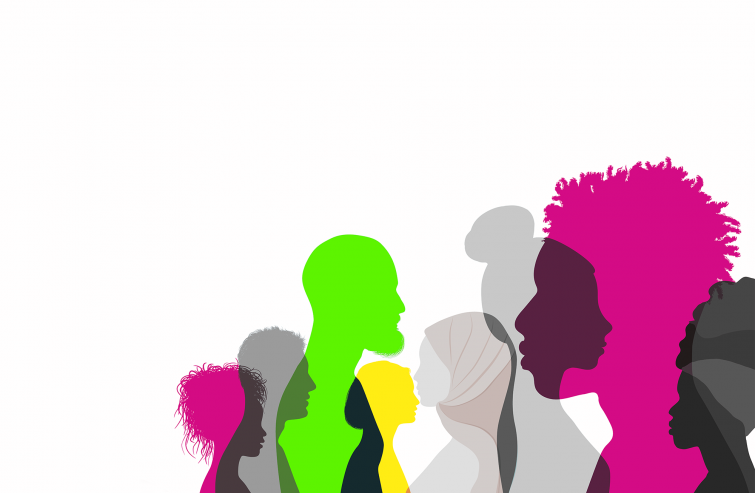
March 25, 2022
Bulletin interne de l'Institut Pasteur


Admixture, an adaptation mechanism for populations exposed to pathogens
In a new study, scientists from the Institut Pasteur and the CNRS demonstrate that admixture, a pervasive phenomenon in recent millennia, has enabled human populations to exchange beneficial genetic mutations among themselves, thereby facilitating their adaptation, especially when confronted with infectious diseases.
As the human species populated the dense forests of Africa, the Himalayan mountains and the archipelagos in the Pacific Ocean, it encountered a diverse array of microbes and had to make do with varied nutritional resources. To survive, human populations not only had to adapt their subsistence strategies; they also acquired genetic mutations via natural selection that protected them against certain pathogens and enabled them to digest some foods more easily. It has long been thought that this phenomenon of genetic adaptation took place in each isolated population, but research by scientists in the Institut Pasteur's Human Evolutionary Genetics Unit has challenged this theory.